Some major advertisers, including Dyson, Mazda, Forbes and PBS Kids, have suspended their marketing campaigns or removed their ads from parts of Twitter because their promotions appeared alongside tweets soliciting child pornography, the companies told Reuters.
Brands ranging from Walt Disney Co., NBCUniversal and Coca-Cola Co. to a children’s hospital were among more than 30 advertisers that appeared on the profile pages of Twitter accounts peddling links to the exploitative material, according to a Reuters review of accounts identified in new research about child sex abuse online from cybersecurity group Ghost Data.
Some of tweets include key words related to “rape” and “teens,” and appeared alongside promoted tweets from corporate advertisers, the Reuters review found. In one example, a promoted tweet for shoe and accessories brand Cole Haan appeared next to a tweet in which a user said they were “trading teen/child” content, a Reuters dispatch compiled from reports from New York, Palo Alto and Los Angeles stated.
“We’re horrified,” David Maddocks, brand president at Cole Haan, told Reuters after being notified that the company’s ads appeared alongside such tweets.
“Either Twitter is going to fix this, or we’ll fix it by any means we can, which includes not buying Twitter ads,” he added.
In another example, a user tweeted searching for content of “Yung girls ONLY, NO Boys,” which was immediately followed by a promoted tweet for Texas-based Scottish Rite Children’s Hospital. Scottish Rite did not return multiple requests for comment.
In a statement, Twitter spokesperson Celeste Carswell said the company “has zero tolerance for child sexual exploitation” and is investing more resources dedicated to child safety, including hiring for new positions to write policy and implement solutions.
She added that Twitter is working closely with its advertising clients and partners to investigate and take steps to prevent the situation from happening again.
Twitter’s challenges in identifying child abuse content were first reported in an investigation by tech news site The Verge in late August. The emerging pushback from advertisers that are critical to Twitter’s revenue stream is reported here by Reuters for the first time.
Like all social media platforms, Twitter bans depictions of child sexual exploitation, which are illegal in most countries. But it permits adult content generally and is home to a thriving exchange of pornographic imagery, which comprises about 13 percent of all content on Twitter, according to an internal company document seen by Reuters.
Twitter declined to comment on the volume of adult content on the platform.
Ghost Data identified the more than 500 accounts that openly shared or requested child sexual abuse material over a 20-day period this month.
Reuters could not independently confirm the accuracy of Ghost Data’s finding in full, but reviewed dozens of accounts that remained online and were soliciting materials for “13+” and “young looking nudes”.
After Reuters shared a sample of 20 accounts with Twitter last Thursday, the company removed about 300 additional accounts from the network, but more than 100 others still remained on the site the following day, according to Ghost Data and a Reuters review.
Reuters then on Monday shared the full list of more than 500 accounts after it was furnished by Ghost Data, which Twitter reviewed and permanently suspended for violating its rules, said Twitter’s Carswell on Tuesday.
In an email to advertisers on Wednesday morning, ahead of the publication of this story, Twitter said it “discovered that ads were running within Profiles that were involved with publicly selling or soliciting child sexual abuse material.”
Andrea Stroppa, the founder of Ghost Data, said the study was an attempt to assess Twitter’s ability to remove the material. He said he personally funded the research after receiving a tip about the topic.
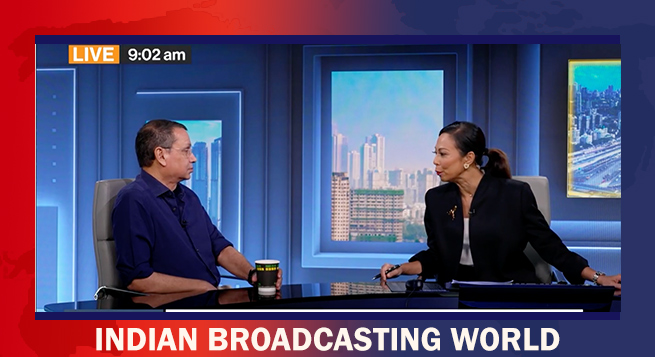 JioStar vice-chair Uday Shankar on surge in streaming subs, trade tariff challenges
JioStar vice-chair Uday Shankar on surge in streaming subs, trade tariff challenges  AIDCF team discusses industry issues with Vaishnaw
AIDCF team discusses industry issues with Vaishnaw 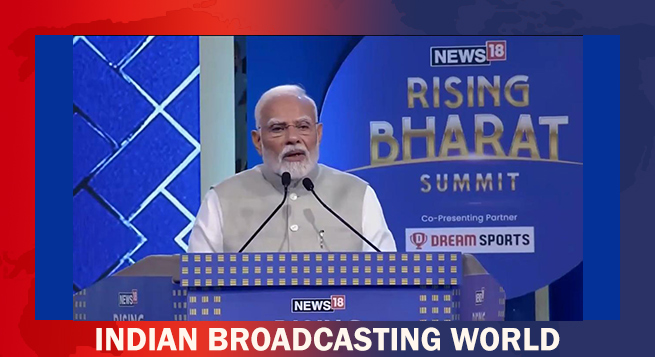 PM Modi: WAVES will empower Indian content creators go global
PM Modi: WAVES will empower Indian content creators go global 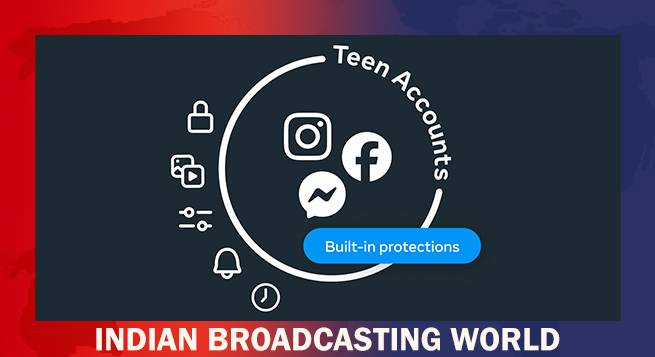 Meta rolls out ‘Teen Accounts’ feature to FB, Messenger
Meta rolls out ‘Teen Accounts’ feature to FB, Messenger 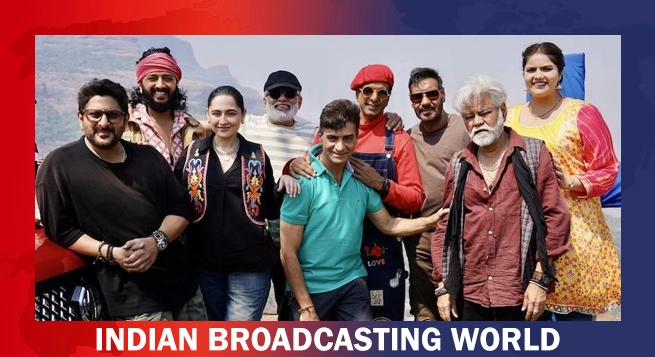 Sri Adhikari Brothers join hands with Maruti Films for ‘Dhamaal 4’
Sri Adhikari Brothers join hands with Maruti Films for ‘Dhamaal 4’ 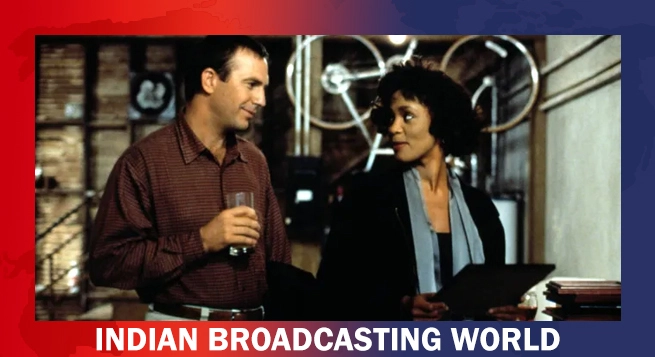 Warner Bros to remake ‘The Bodyguard’
Warner Bros to remake ‘The Bodyguard’ 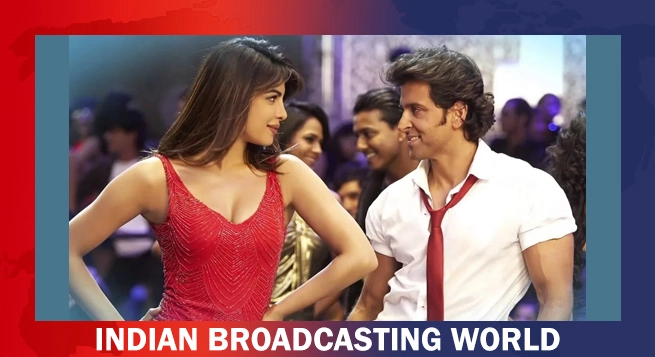 Priyanka to reunite with Hrithik Roshan in ‘Krrish 4’
Priyanka to reunite with Hrithik Roshan in ‘Krrish 4’ 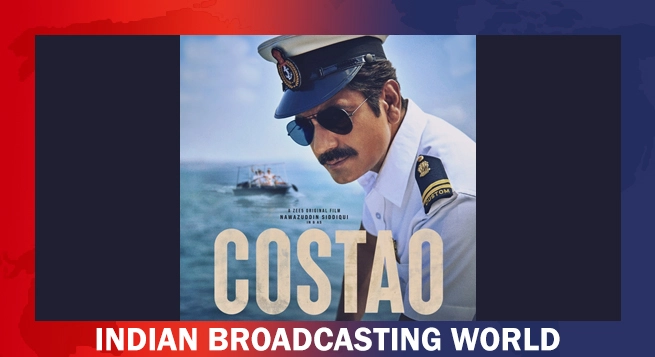 Nawazuddin Siddiqui to headline ZEE5’s ‘Costao’
Nawazuddin Siddiqui to headline ZEE5’s ‘Costao’ 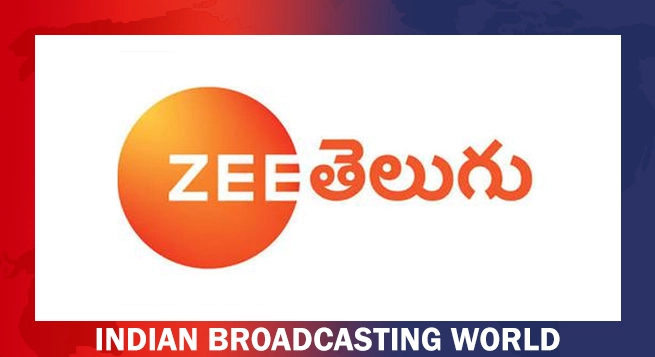 Zee Telugu unveils ‘Drama Juniors’ S8
Zee Telugu unveils ‘Drama Juniors’ S8 








